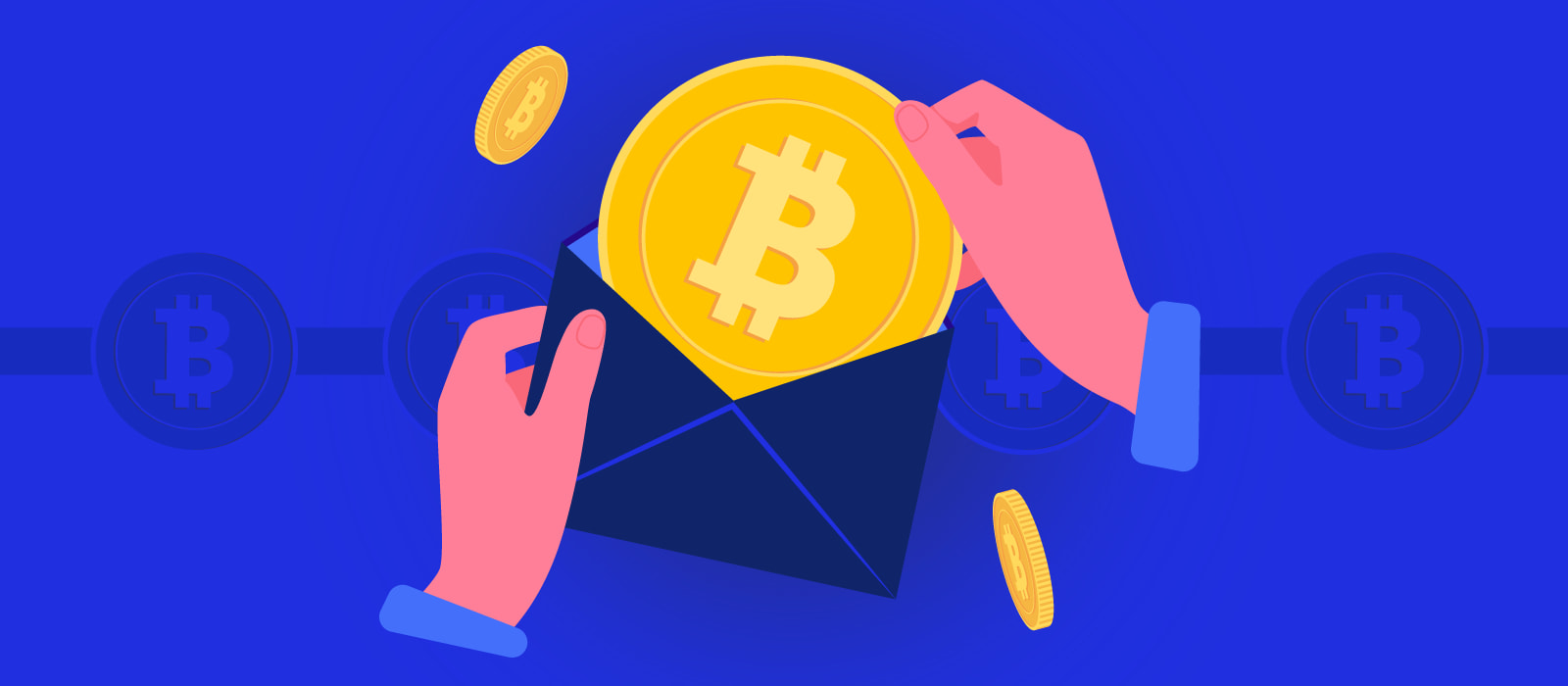A crypto token is a digital asset built on top of an existing blockchain (such as Ethereum, Solana, or Binance Smart Chain). Unlike coins like Bitcoin or Ether, which power their own blockchains, tokens rely on another blockchain’s infrastructure. Tokens can represent anything — currency, utility, security, or even real-world assets.
What Is Token Generation?
Token generation is the process of creating and launching a new digital token on a blockchain network. This process defines the token’s supply, purpose, utility, and distribution rules. Token generation often happens through smart contracts, which are self-executing programs that run on a blockchain.
Key Steps in Token Generation
- Define Token Purpose
- Utility tokens: provide access to a product or service.
- Security tokens: represent ownership in a company or project.
- Governance tokens: give voting power in decentralized organizations (DAOs).
- Choose the Blockchain
- Ethereum (ERC-20 standard)
- Binance Smart Chain (BEP-20)
- Solana, Polygon, Avalanche, and others
- Develop the Smart Contract
The smart contract sets rules like:- Total supply (fixed or inflationary)
- Distribution method (airdrop, ICO, staking rewards)
- Transfer conditions (who can send/receive tokens)
- Token Distribution
- Initial Coin Offering (ICO)
- Initial Exchange Offering (IEO)
- Airdrops to early users
- Liquidity pools and staking rewards
- Security & Auditing
Before launching, tokens must undergo smart contract audits to prevent hacks and vulnerabilities. - Launch and Listing
After creation, tokens are distributed and often listed on decentralized exchanges (DEXs) or centralized exchanges (CEXs) for trading.
Importance of Token Generation
- Fundraising: Projects raise capital via ICOs or token sales.
- Ecosystem Growth: Tokens incentivize community participation.
- Decentralization: Governance tokens enable users to vote on project decisions.
- Innovation: Tokens support DeFi, NFTs, gaming, and metaverse projects.
Risks to Consider
- Regulatory Challenges: Many governments treat certain tokens as securities.
- Scams & Rug Pulls: Unscrupulous teams may misuse token generation for fraud.
- Volatility: Tokens can experience extreme price fluctuations.
Final Thoughts
Token generation is one of the most powerful innovations in blockchain, enabling startups, communities, and developers to create new economies. With the right vision, transparent tokenomics, and security measures, token generation can fuel innovation across finance, gaming, governance, and beyond.



1 Comment
20labs
Hi, I justed test 20lab.com for Token Generation